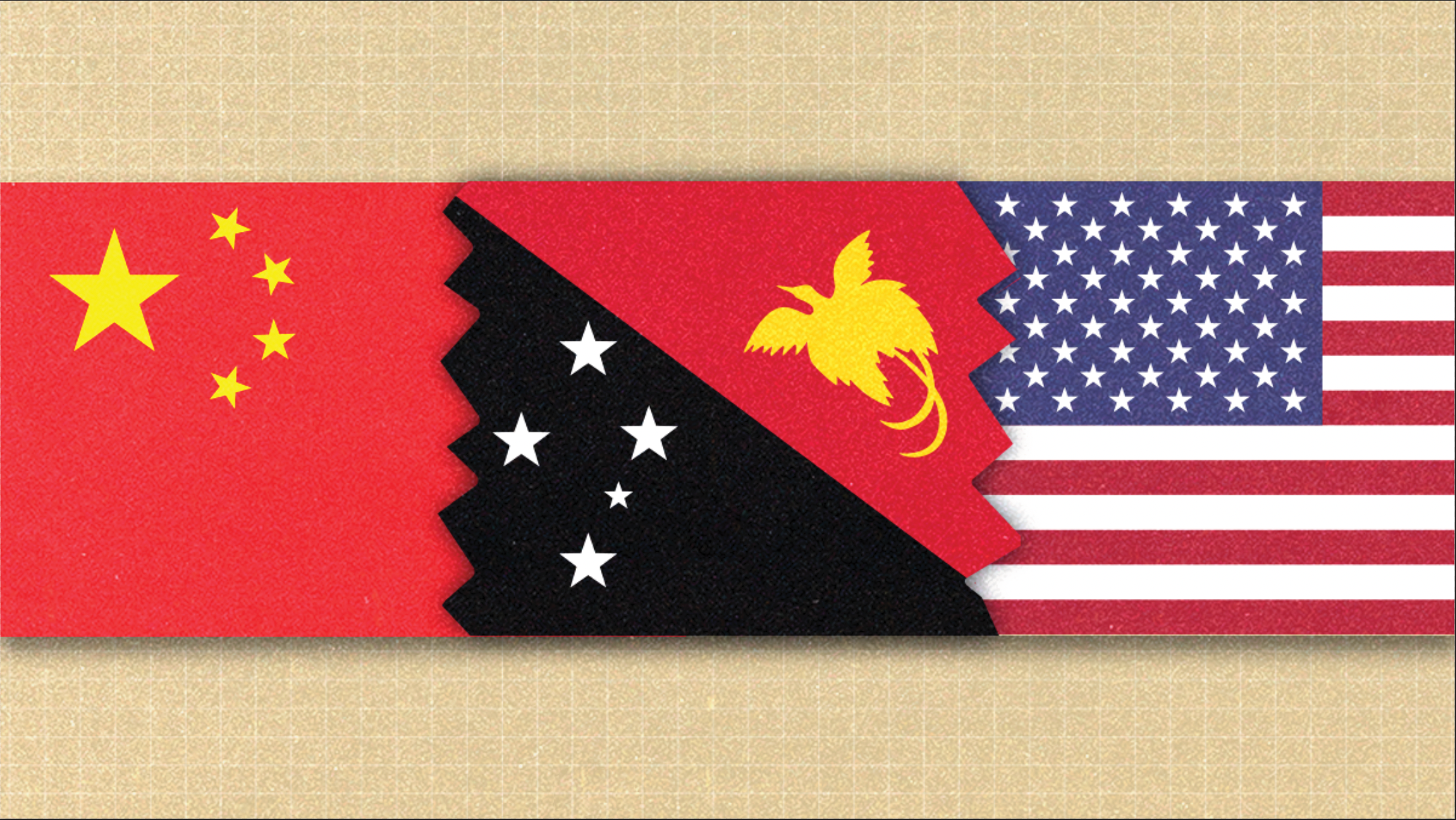May 18, 2023
On Monday, Joe Biden was scheduled to make a historic stopover in Papua New Guinea coming from the G-7 summit in Japan and on his way to the Quad huddle in Australia. It would have been the first visit by a sitting US president to a country that often flies under the radar yet has immense geopolitical significance.
But Biden decided to cut short his trip and return stateside after the G-7 to negotiate a debt ceiling deal with Republicans in Congress. This did not go down well in PNG.
“It is a disappointment,” says Patrick Kaiku, who teaches politics at the University of Papua New Guinea. “[Prime Minister] James Marape invested so much time and energy into this major event, anticipating it for his own standing in the region, and also as a reaffirmation of the US [prioritizing] the Pacific and PNG.”
What’s more, Biden didn't even get on the phone himself to inform Marape, unlike the US president did with Australian PM Anthony Albanese. (Although Biden belatedly called the PNG to smooth things over, a snub is a snub.)
First, what’s all the fuss about PNG? The island nation often gets a bad rap. The capital, Port Moresby, is considered one of the most dangerous cities in the world, especially for women, and in the countryside, an estimated 200 people are killed annually for being — yikes — "witches."
But PNG is also an anthropological gem as well as the world's most linguistically diverse country, with some 840 languages spoken by thousands of ethnic groups among its 9 million people.
Despite being rich in natural gas, timber, and minerals like copper and gold, PNG remains one of the world's most underdeveloped countries. Yet, in recent years it's become the big prize for two heavyweights jostling for power in the Pacific: the US and China.
Biden is wooing PNG to counter Beijing's growing clout in the region, where the Biden administration has been scrambling to regain a foothold since April 2022. That’s when China quietly inked a security agreement with the nearby Solomon Islands, raising the specter of a future Chinese military presence in a part of the world America had neglected for decades.
Xi Jinping then tried to sign up more Pacific countries, although US pressure convinced most of them to pass. Biden later hosted Pacific leaders at a White House summit and had planned to follow up by meeting them again in PNG.
Biden and Marape were going to sign a landmark defense cooperation and maritime surveillance pact, which must be ratified by parliament before it becomes law. Details were murky, but a leaked draft showed that the Americans would have broad autonomy to access PNG airspace and ports — presumably to snoop on Chinese navy patrols — in exchange for PNG getting US satellite data to track illegal fishing.
After Biden’s no-show, PNG could give the deal a second look. It "allows space for the domestic debate about this very unconstitutional and unusual agreement," Kaiku says. "PNG has literally conceded its sovereignty and allowed immunity to foreign powers."
If that happens, Xi might give Marape a call. But PNG — as any country caught in the zero-sum crossfire of US-China competition — would rather just get along with both Washington and Beijing.
One the one hand, China is by far PNG's largest trade partner. Chinese companies are hungry for raw materials from PNG, a member of China's Belt and Road Initiative to fund (badly needed) infrastructure development. On the other, PNG is also eager for US investment to move its economy beyond extracting natural resources, and for US military tech support to better police its territory and waters.
Still, PNG has little faith in rhetorical pledges of commitment from either side. The only major power with a long-term strategic interest in PNG is southern neighbor and US ally Australia, which is now negotiating a separate security gig with its former colony.
"The US is not going to be permanently engaged with PNG. It is China that has somehow gotten the US interested all of a sudden in the Pacific, [which] is not important strategically to America," says Kaiku. "Whether the US is trusted or not is irrelevant."
More For You
- YouTube
Alina Polyakova, President and CEO of the Center for European Policy Analysis, warns that NATO faces a defining moment.
From the sidelines of the 62nd Munich Security Conference in Munich, Polyakova told GZERO's Tony Maciulis that the Arctic has become “an arena of incredible global competition,” with Russia and China expanding their ambitions. While President Trump’s focus reflects “the right instincts” on security, she argues allies must strike a mutual deal to secure the region together.
Most Popular
Think you know what's going on around the world? Here's your chance to prove it.
Every year, the Munich Security Conference, the world’s leading forum on international security, releases data that sheds light on how citizens view global risks.
The US government reportedly plans to fund MAGA-aligned groups in Europe. The stated aim is to oppose European laws on online speech.
© 2025 GZERO Media. All Rights Reserved | A Eurasia Group media company.
